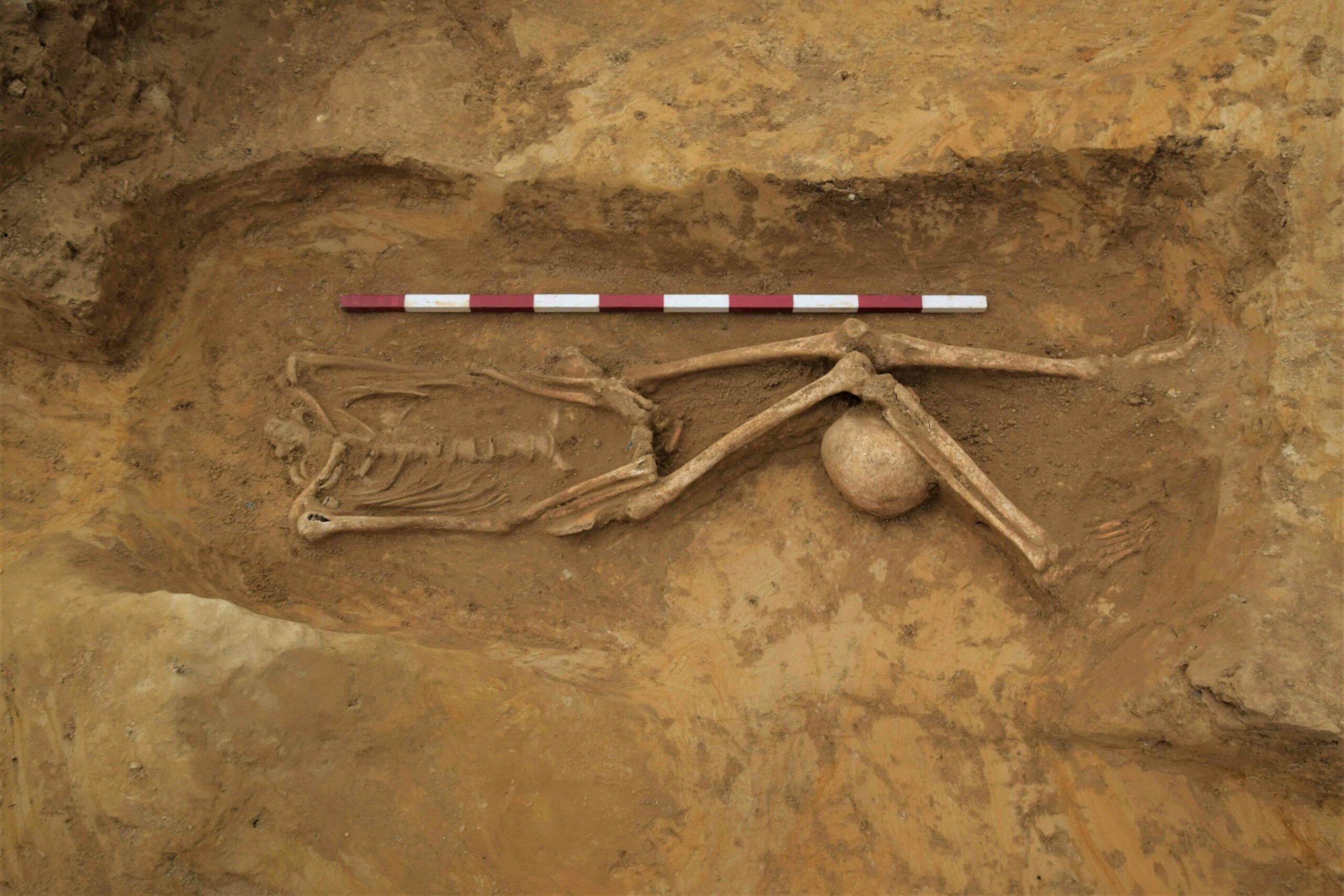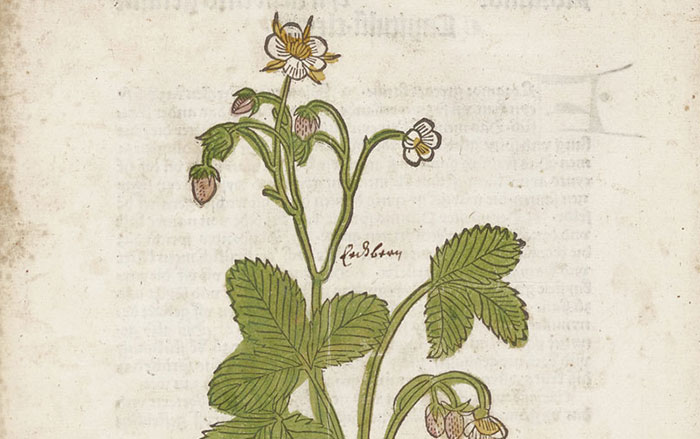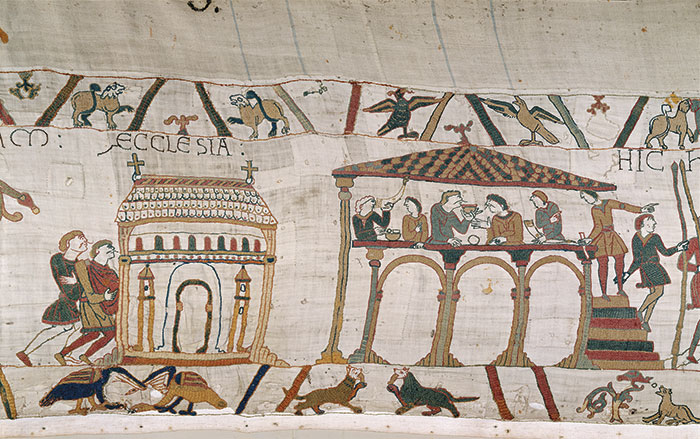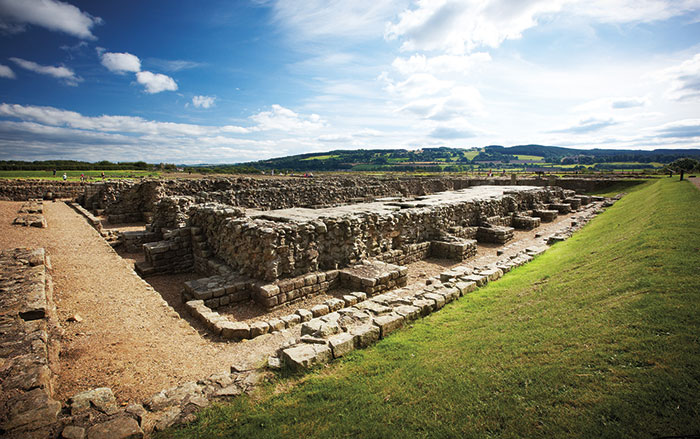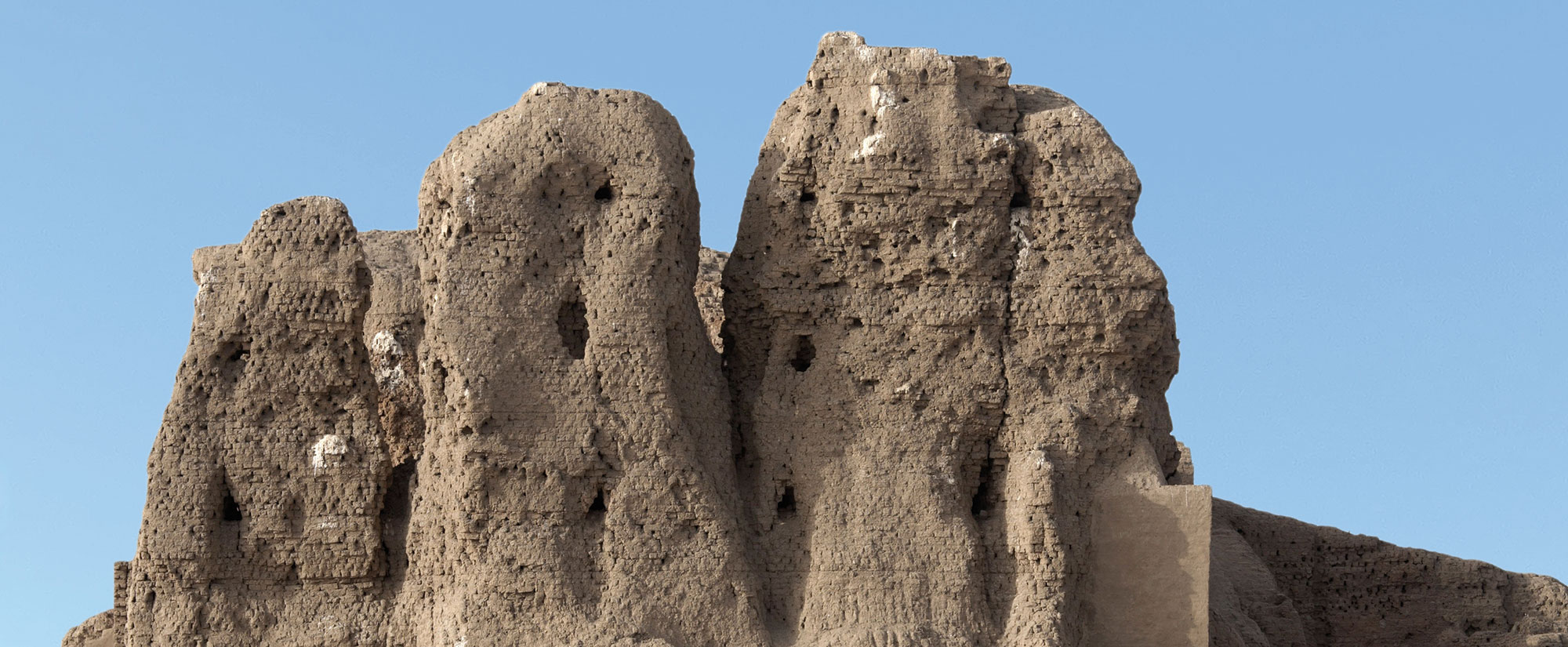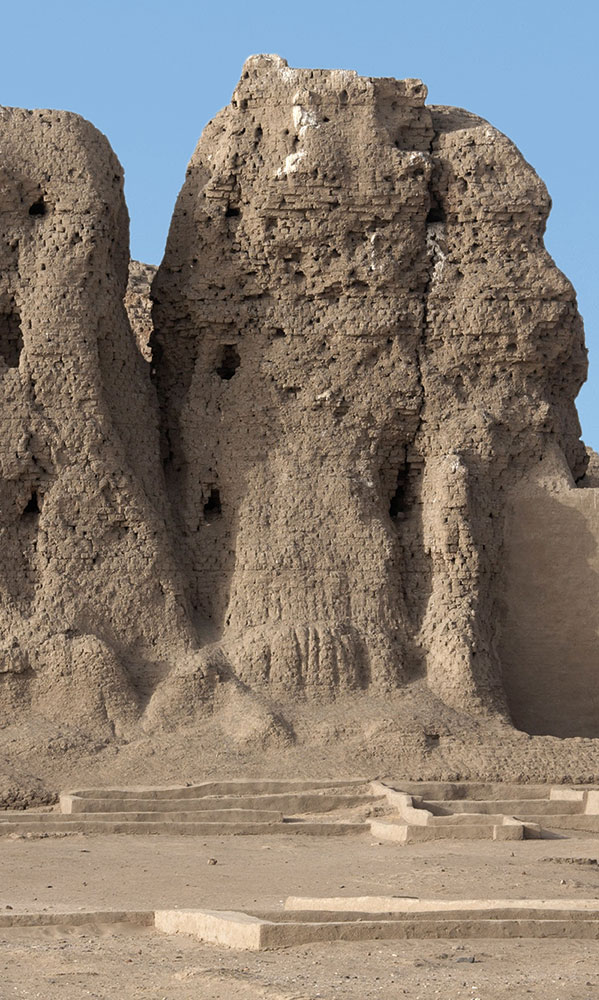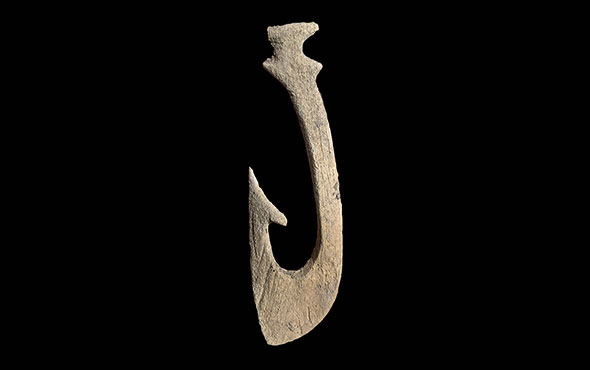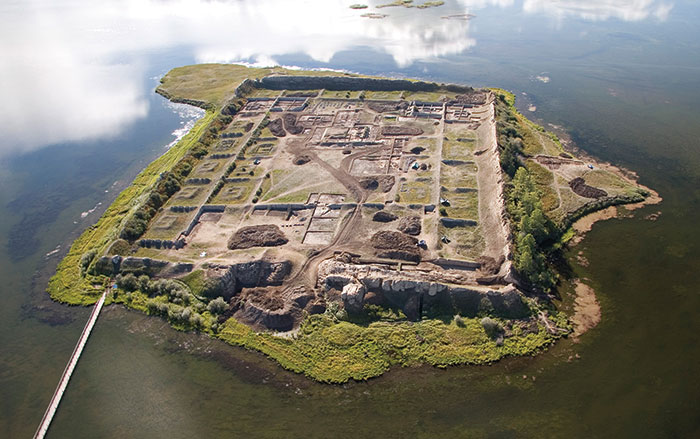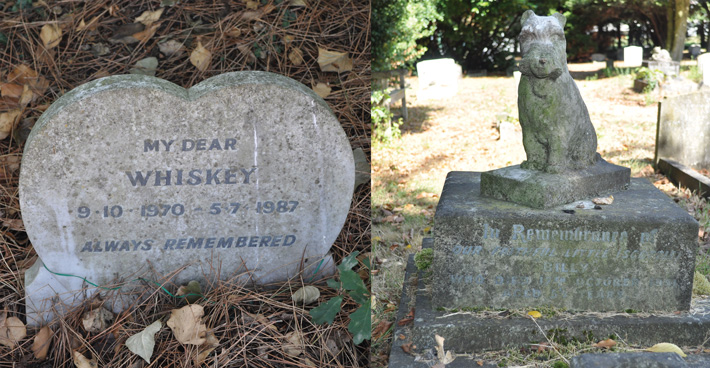
NEWCASTLE, ENGLAND—According to a statement released by Newcastle University, Eric Tourigny examined more than 1,000 animal headstones in pet cemeteries in Newcastle and London in order to study changing attitudes toward pets over a period of 100 years, beginning in 1881, when the first public pet cemetery opened in London. Tourigny found that throughout the study period, mourners compared death to sleep. Yet in the Victorian era, headstone inscriptions referred to pets as companions and friends, while more recent inscriptions called the buried pets family members and expressed the hope that the animals would be reunited with their owners more frequently. After World War II, references to animals as family members rose, a change that coincided with the increase in the use of family surnames on pet gravestones. Some of the earlier references put the surname in parentheses or quotation marks. Tourigny suggests this reluctance to acknowledge pets as full members of the family may reflect a conflict between personal feelings and societal norms. To read about ancient Egyptian animal mummies, go to "Messengers to the Gods."


